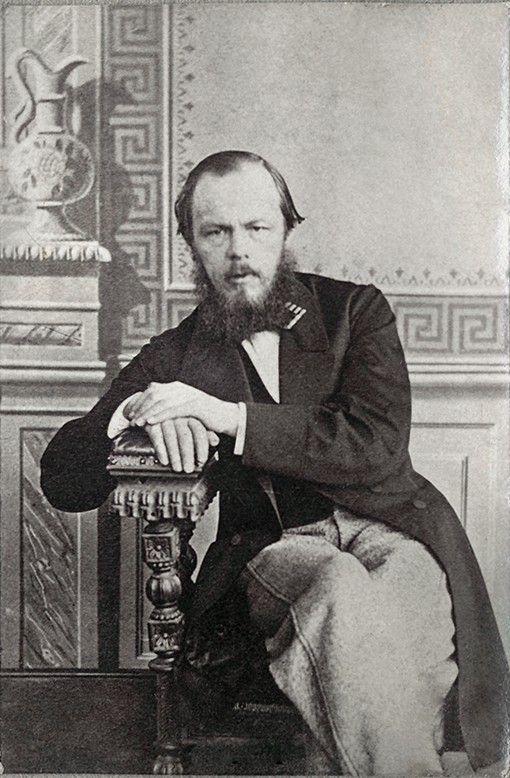 |
| Fyodor Dostoyevsky |
"Every man has some reminiscences which he would not tell to everyone, but only to his friends. He has others which he would not reveal even to his friends, but only to himself, and that in secret. But finally there are still others which a man is even afraid to tell himself, and every decent man has a considerable number of such things stored away. That is, one can even say that the more decent he is, the greater the number of such things in his mind."
"The second half of a man's life is made up of nothing but the habits he has acquired during the first half."
- As quoted in Peter's Quotations : Ideas for Our Time (1979) by Laurence J. Peter, p. 299.
"A great many people were put down as mad among us last year. And in such language! "With such original talent" ... "and yet, after all, it appears" ... "however, one ought to have foreseen it long ago." That is rather artful; so that from the point of view of pure art one may really commend it. Well, but after all, these so-called madmen have turned out cleverer than ever. So it seems the critics can call them mad, but they cannot produce any one better.
The wisest of all, in my opinion, is he who can, if only once a month, call himself a fool — a faculty unheard of nowadays. In old days, once a year at any rate a fool would recognise that he was a fool, but nowadays not a bit of it. And they have so muddled things up that there is no telling a fool from a wise man. They have done that on purpose.
I remember a witty Spaniard saying when, two hundred and fifty years ago, the French built their first madhouses: "They have shut up all their fools in a house apart, to make sure that they are wise men themselves." Just so: you don't show your own wisdom by shutting some one else in a madhouse. "K. has gone out of his mind, means that we are sane now." No, it doesn't mean that yet."
- "Bobok : From Somebody's Diary" as translated by Constance Garnett in Short Stories (1900)
"The degree of civilization in a society can be judged by entering its prisons."
- The House of the Dead (1862) as translated by Constance Garnett; as cited in The Yale Book of Quotations (2006) by Fred R. Shapiro, p. 210
No comments:
Post a Comment
Note: Only a member of this blog may post a comment.